A Round up on Bestselling Arabic Books
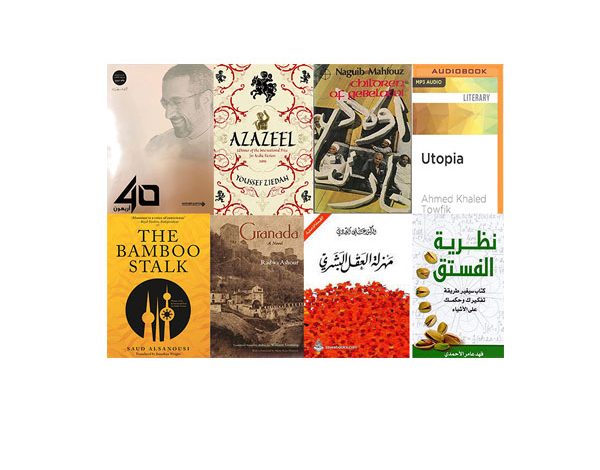
Arabic language enjoys a rich heritage and each year a number of books by Arab scholars and authors come to life and delight Arab speaking populace across the globe. Arab culture is grabbing lot of attention these days and books written by Arab authors are considered a window to the heart and mind of the Arabs.
Here is a list of some of the best-selling books in the Arab world as well as some excerpts from the books:
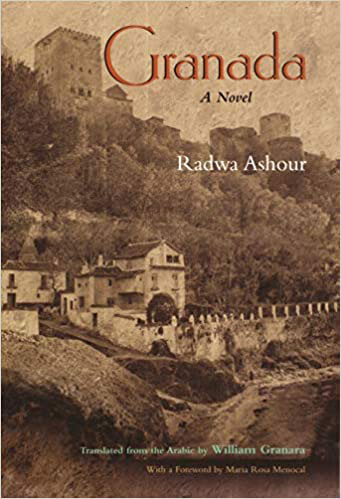
The Granada (A Novel)
Radwa Ashour skillfully weaves a history of Granada rule and an Arabic world into a novel that evokes cultural loss and the disappearance of a vanquished population. The novel follows the family of Abu Jaafar, the bookbinder his wife, widowed daughter-in-law, her two children, and his two apprentices as they witness Christopher Columbus and his entourage in a triumphant parade featuring exotic plants and animals and human captives from the New World. Embedded in the narrative is the preparation for the marriage of Saad, one of the apprentices, and Saleema, Abu Jaafar’s granddaughter a scenario that is elegantly revealed in a number of parallel scenes.
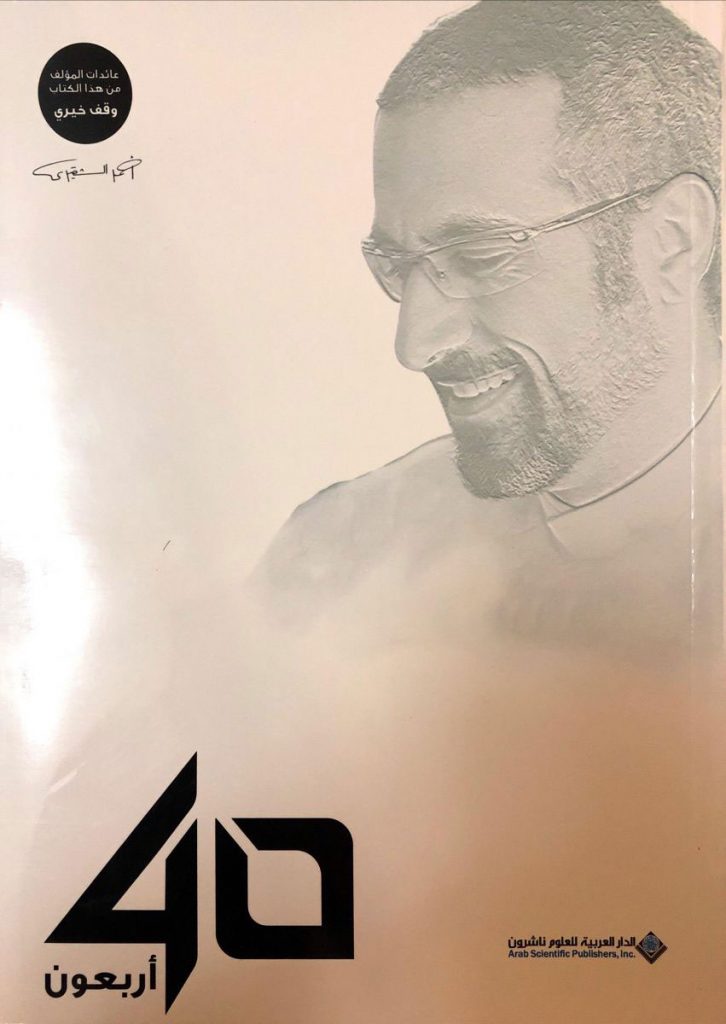
Forty
Written by Ahmed Al-Shugairi, Forty summarizes the journey of forty years, a journey of struggle and a never ending quest to move forward in search of inner peace. In his book, Al Shugairi focuses on the idea of loneliness and how to get rid of bad habits of assessing the past, planning for the future, and giving up false fame.
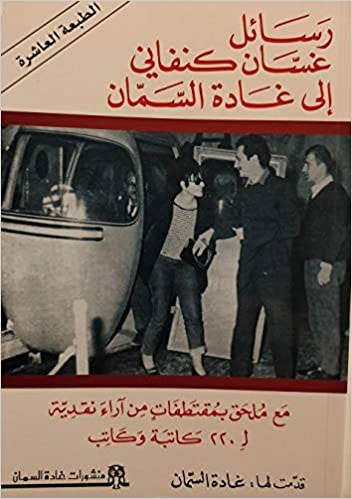
Ghassan Kanafani’s Letters to Ghada Saman
The letters of the writer Badi ‘Ghassan Kanafani to Ghada Saman are “humane” speeches in which deep friendship is mixed with the language and pain of time. It shows us the poetic side of this writer that we knew was stubborn. The revolutionary fighter is a slap in the face to the traditional fighter’s vision
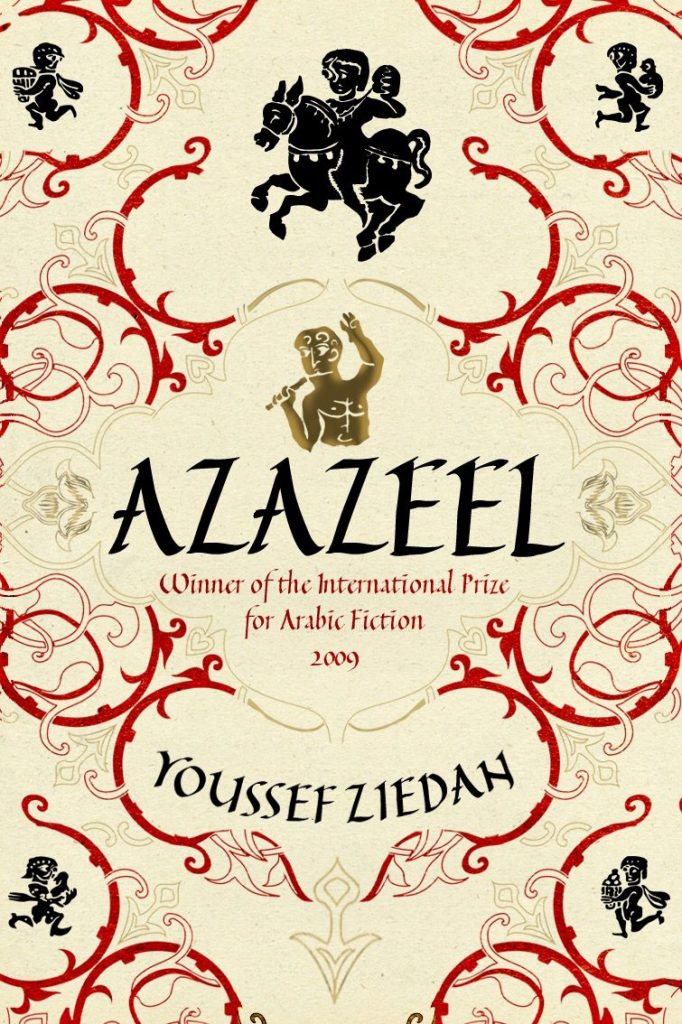
Azazeel
The events of the novel take place in the fifth century AD when the writer Youssef Zaiden takes us across the place between Egypt, Alexandria and northern Syria after Christianity became the official religion of the Roman Empire and caused conflicts among the pagans. The neo-believers are in an epic inner battle.
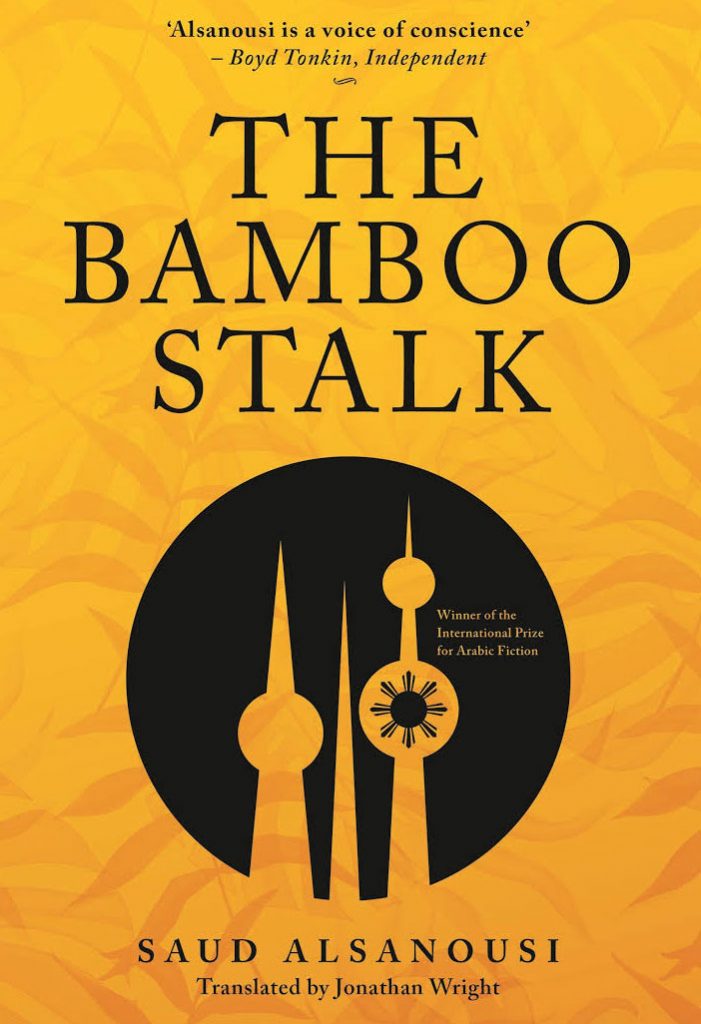
Bamboo stalk
A novel by the young Kuwaiti writer Saud Al-Senussi that takes an unflinching look at the lives of foreign workers in Arab countries and confronts the universal problems of identity, race and religion.
The book won the Arab Booker Prize and the Arab Book Award.
Josephine Mendoza escapes poverty by coming to Kuwait from the Philippines to work as a maid, where she meets Rashid, an idealistic only son with literary aspirations. Josephine, with all the wide-eyed naivety of youth, believes she has found true love. But when she becomes pregnant, and with the rumble of war growing ever louder, Rashid bows to family and social pressure, and sends her back home with her baby son, José.
Brought up struggling with his dual identity, José clings to the hope of returning to his father’s country when he is eighteen. He is ill-prepared to plunge headfirst into a world where the fear of tyrants and dictators is nothing compared to the fear of ‘what will people say.’ And with a Filipino face, a Kuwaiti passport, an Arab surname and a Christian first name, will his father’s country welcome him?
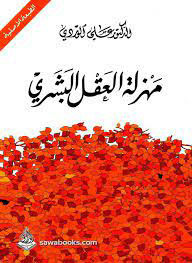
The Mockery of the human mind
The author of the book, Ali Al-Wardi, was influenced by the philosophical ideas that criticized the assumption that the nature of the human mind is fixed. These ideas come from his reading of Ibn Khaldun, Sigmund Freud and Karl Mannheim. He reinterpreted their ideas of the mind and applied it to Iraqi society and the Iraqi mind. He believes that human nature is egocentric and determined in most actions, motivated by the subconscious. The role of the mind is to justify human behaviour. The mind is one-sided and biased and is untrustworthy. It is only an organ that aids humans in their quest for survival. Also the mind has a limited capacity and is surrounded by a dense rim of values, beliefs and interests. Al-Wardi has launched a relentless campaign against the Aristotelian logic and against reason and rationality. Despite his rational analysis, he could not free himself from the mindset he identified as a farce and did not distinguish between the productive and the instrumental mind.
Born in Kadhimiya, Baghdad in 1913, to a religious and very traditional family. He grew up defying his family’s strict non-modern-educational policy, where his father wanted him to learn a craft instead of reading books. Nevertheless, Al-Wardi grew up with a disliking for work and crafts and a strong liking for books.
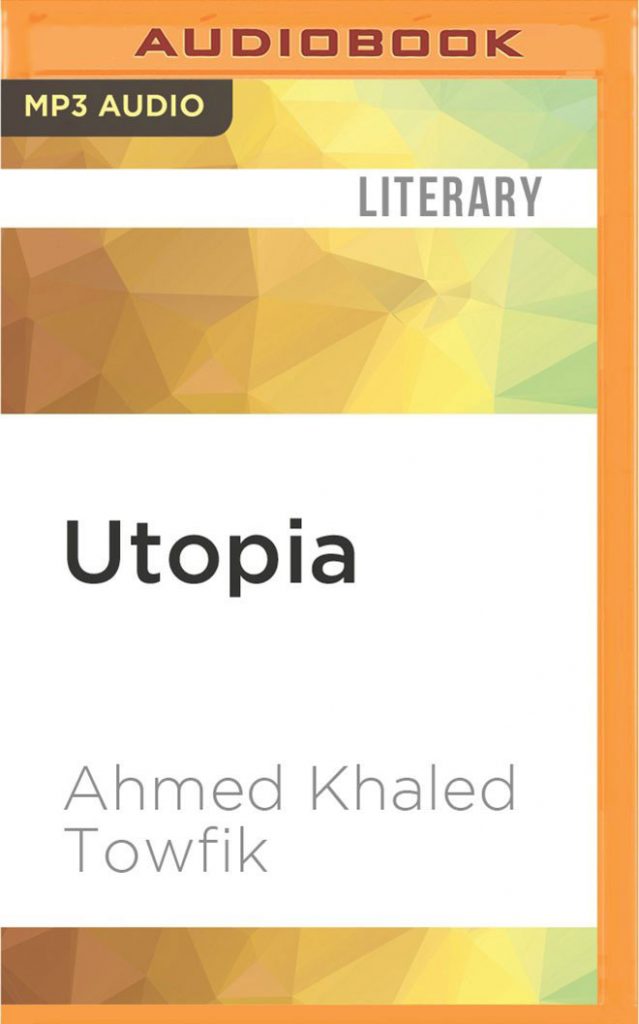
Utopia
In this unique novel, writer Dr. Ahmed Khaled Tawfik warns the reader and shocks the reader with hard-to-believe scenes inspired by novels that resemble the horror of the signs of the Day of Resurrection, and the writer slipped from the near future to convey his horror with shocking neutrality.
A grim futuristic account of Egyptian society in the year 2023, Utopia takes readers on a chilling journey beyond the gated communities of the North Coast, where the wealthy are insulated from the bleakness of life outside the walls. When a young man and a girl break out from this bubble of affluence in order to see for themselves the lives of their impoverished fellow Egyptians they are confronted by a world that they had not imagined possible. Breathtaking and suspenseful, Utopia’s twists and turns will keep listeners guessing until the very last moment, and may leave some wondering whether this is a vision of the future that is not too far away.
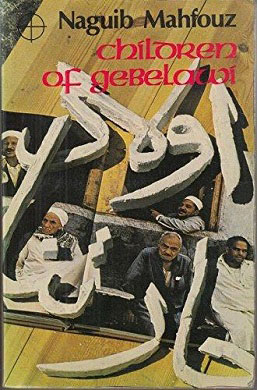
Children of Gebelawi
Children of Gebelawi is a novel by the Egyptian writer and Nobel laureate Naguib Mahfouz. It is also known by its Egyptian dialectal transliteration, Awlad Haretna, and by the alternative translated transliteral Arabic title of Children of Our Alley.
The story recreates the interlinked history of the three monotheistic Abrahamic religions (Judaism, Christianity, and Islam), allegorised against the setting of an imaginary 19th century Cairene alley.
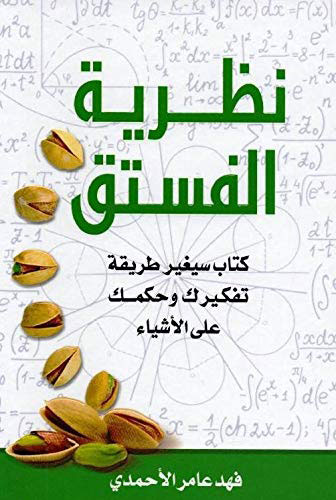
Theory of Pistachios
For the writer Fahd Al-Ahmadi, who provides us with a set of articles that focus on self-development, natural language processing, and novel topics revolving around success and the need for continuity to achieve this and the consequences of tracking the small habits and your ability to achieve great things.





One Comment